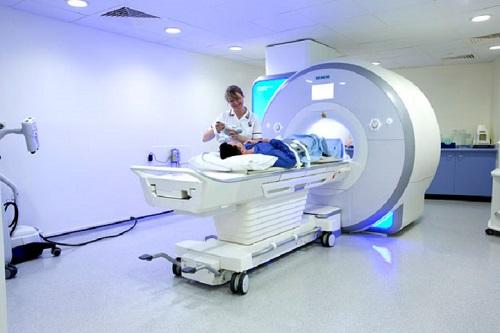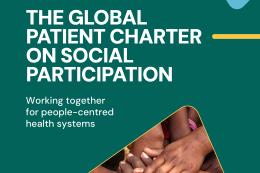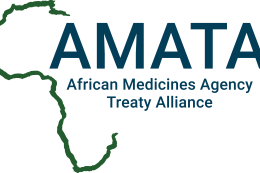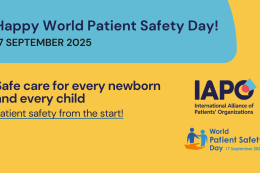Policy Briefing #4 - Patient Involvement in HTA

This month’s policy briefing focuses on patient involvement in health technology assessment (HTA). This topic features within the second key theme of the IAPO 2017 engagement and empowerment plan: access. There is a crucial connection between access and HTA. In fact, to be truly valuable, access must necessarily be accompanied by quality, efficacy, and safety. Strong access to poor quality health technologies and products is bad access. HTA is a process aimed at ensuring this link is in place by evaluating which treatments and medicines should be available for patients.
However, because patients are envisaged to be the primary beneficiaries of new health technologies and medicines, it is important that their voice is heard when deciding as to whether a treatment or medicine should be made available. In this regard, it is possible to see how strongly two of the core principles of IAPO’s Declaration on patient-centred healthcare fuel and strengthen each other: access and choice/empowerment.
Patient involvement and engagement is important, but so is to clearly understand the value that patients can add to the decision-making process by being at the centre of it. In the policy briefing, three key arguments for patient involvement in HTA are identified:
- Patients involvement increases the quality of decision-making. No-one is in a better position than patients to provide insights as to how it is to live with a condition, and the implications it generates on the quality of people’s lives.
- Patients’ experiences can represent an invaluable source of data. In order to enable patients to contribute at their best to decision-making in HTA, it is paramount to design and employ appropriate research methods to elicit, collect, and adequately value patient preferences and views.
- Patient have unique views, skills, and knowledge. It is important to keep in mind that regardless of their professional, cultural, and social backgrounds, patients develop a distinctive set of skills and knowledge by “simply” being patients.
Read the policy briefing on patient involvement in HTA here
Related information
- Policy Briefing #1: Patient-Centered Healthcare
- Policy Briefing #2: Patient Information and Health Literacy
- Policy Briefing #3: High quality access to care
- IAPO's 2017 Member Engagement and Empowerment Plan



